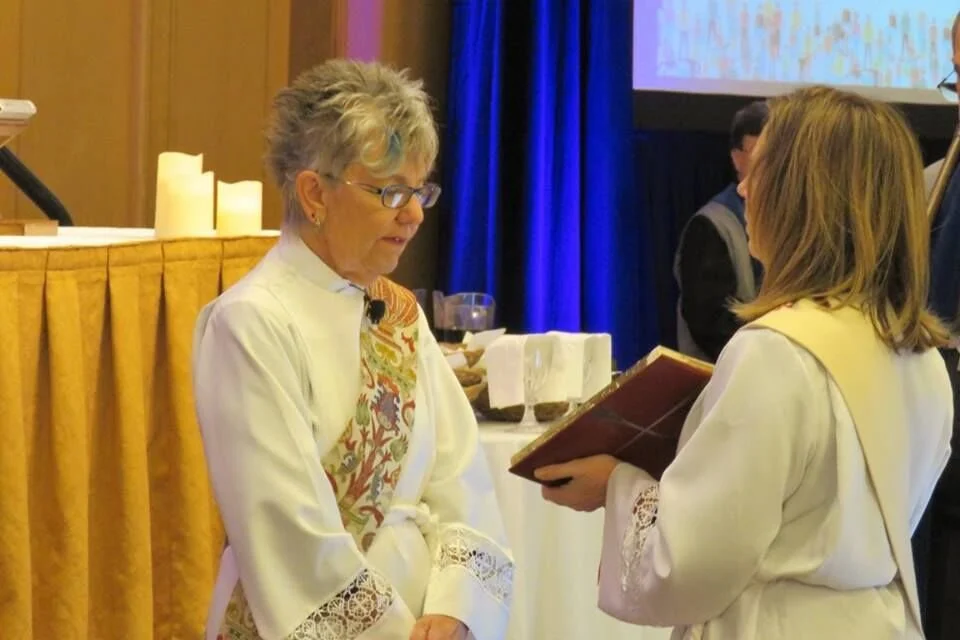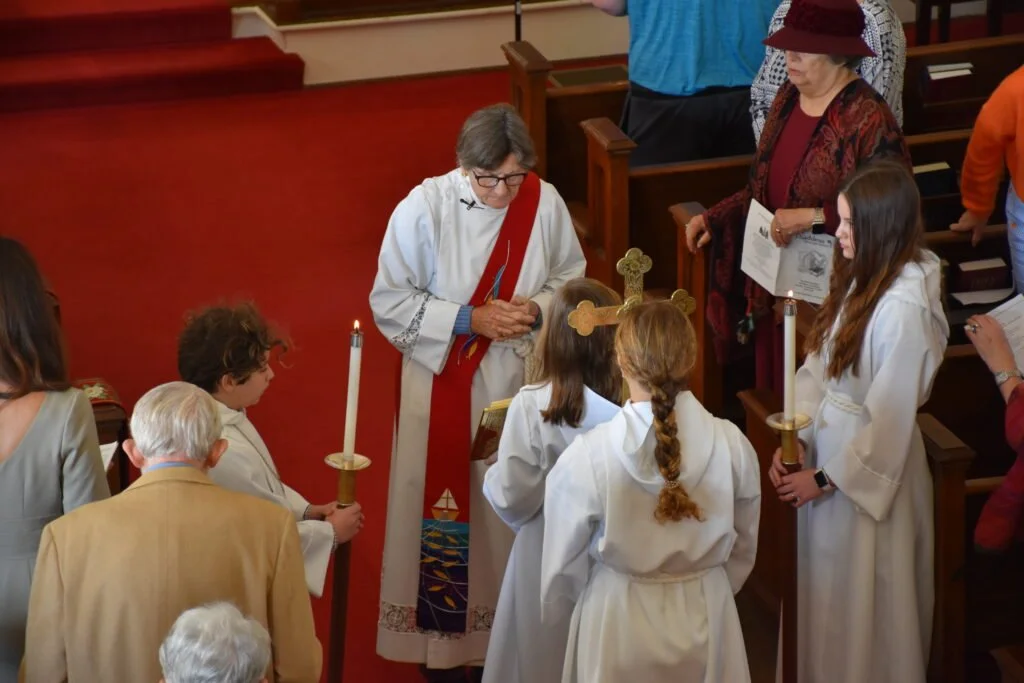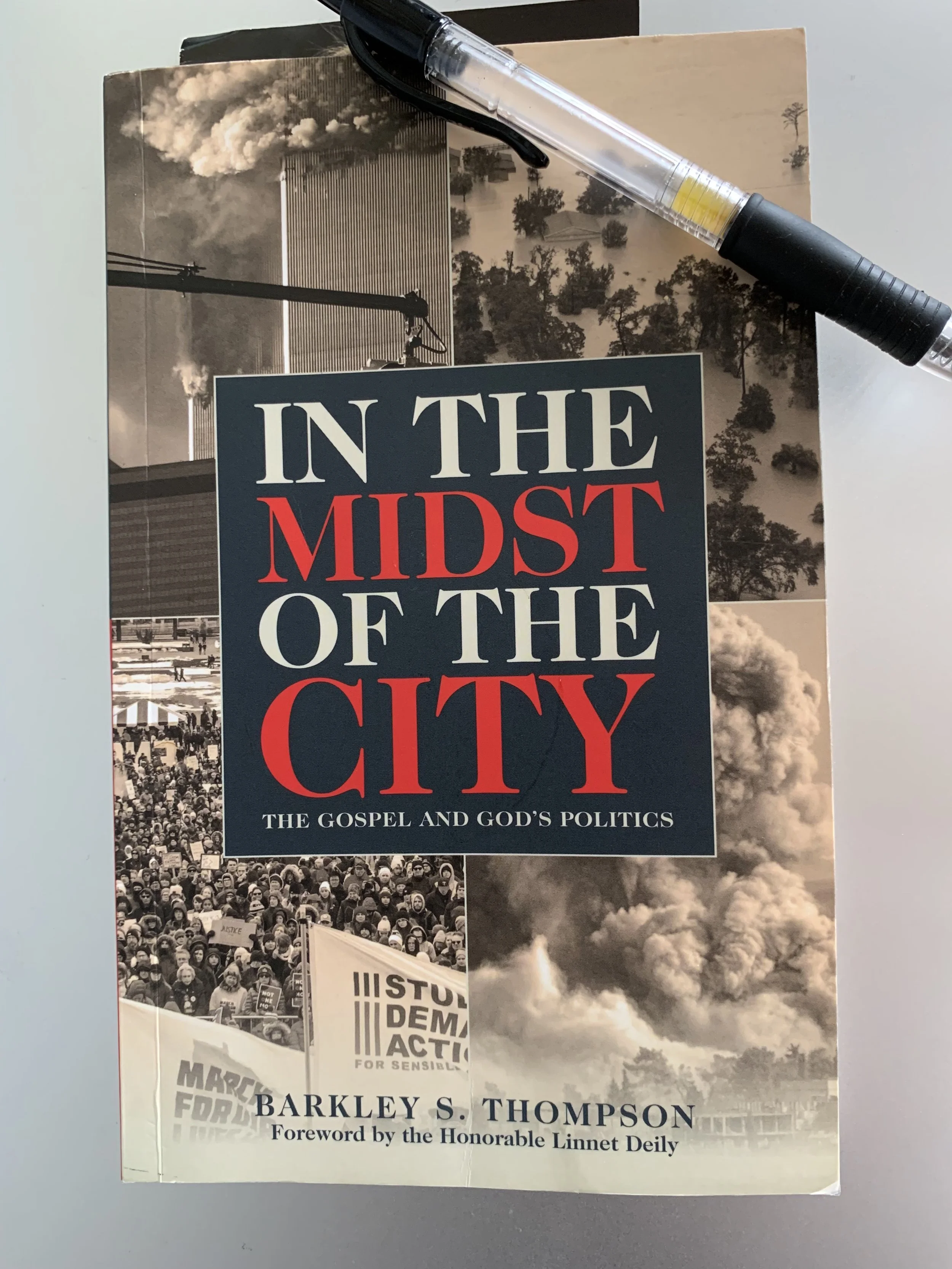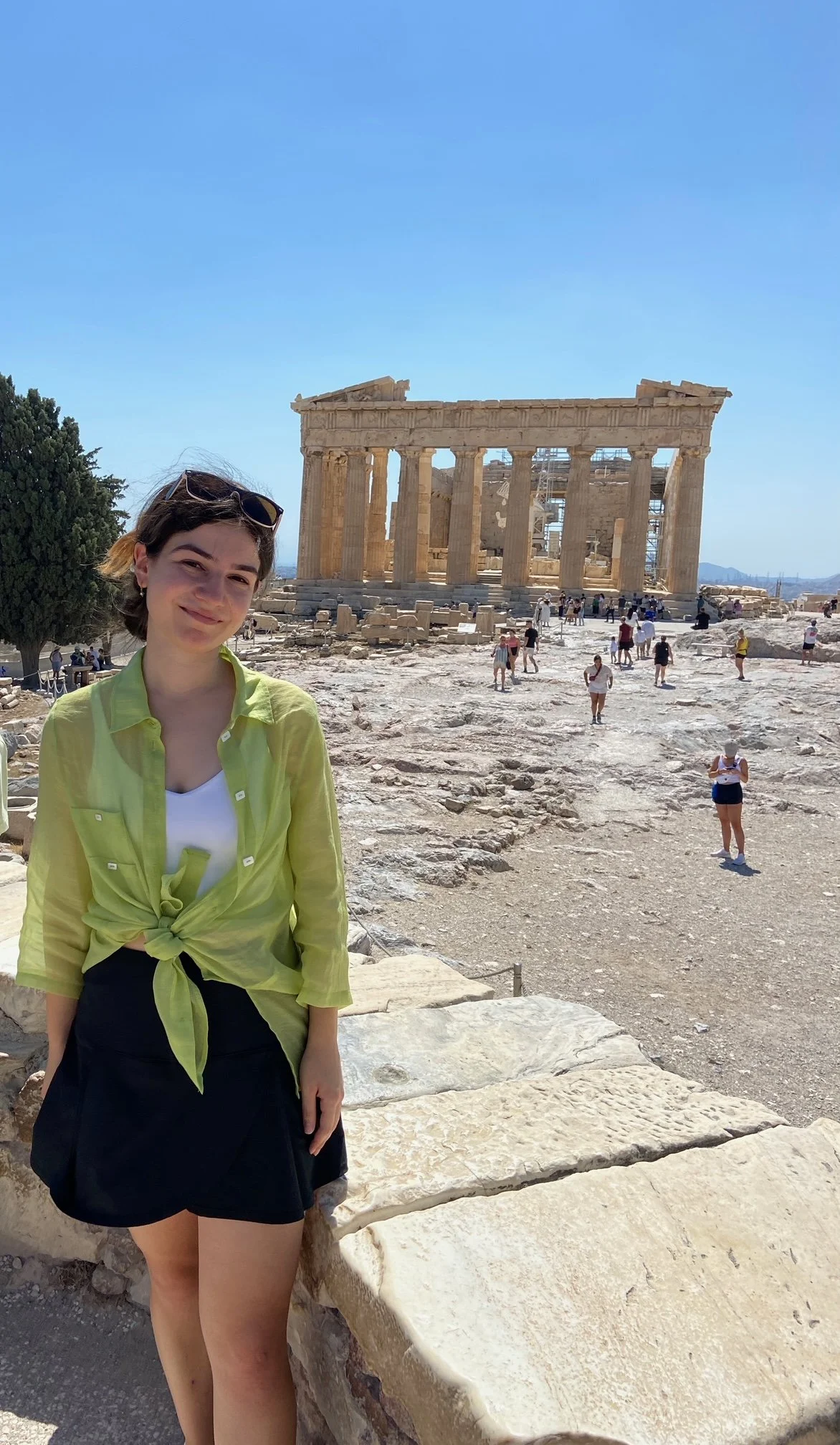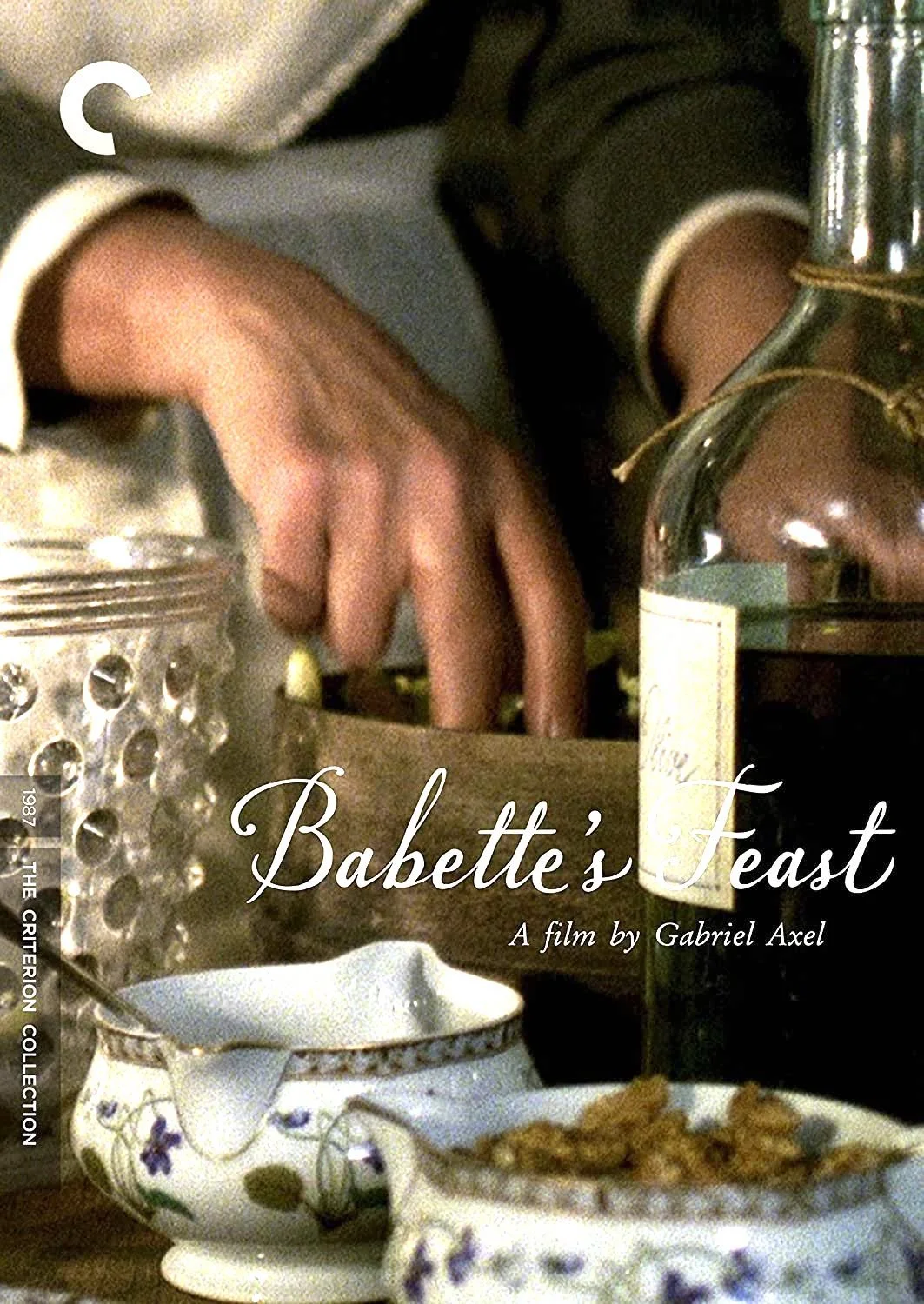Hope from the Fresh Air of the Gospel
Deacon Gay Romack Arizona
“When the fresh air of the Gospel becomes our oxygen, the collective sin of the world will burn our sensitized lungs like toxic fumes. We will notice injustice everywhere we turn, and our powerlessness will crucify our hearts. Then, we will know the hope of the Resurrection from the inside. God’s power to raise, to heal, and to save will flow through us because God will be our only lasting hope.”—Br. Keith Nelson, SSJE
I try to remember and say this prayer as I stand to read the Gospel each Sunday. Gospel means Good News. Each year, I learn more and more that this is a weekly privilege, and one of our diaconal missions is to concentrate on reading the Gospel to the best of our abilities.
St. Taddeus Aiken SC
That means practicing it out loud until it becomes part of our being. Not overacting or underacting. Trying to surrender to the message. I have learned that we can only deliver the Word if we are connected to the Christ within. We strive to sense the Spirit within us and the presence of Christ in each member of the congregation, particularly those who may be struggling.
When this happens, healing electricity flows from the Word to the people and back to the Gospel. Truly hearing the Word can then move our hearts to action. The message of Christ in the Gospel leads us to share the presence of Christ in each other, as the Gospel message permeates the nave of the church. This healing presence gives us peace and promise for the day, healing for the past, and hope for the future.
Christ Church Winnetka. Deacon newly ordained
Those who study dreams believe every dream has a promise and a warning. This may also be true in many gospel passages we read and hear each Sunday. Looking for the warning and the promise, as we do in dreamwork, as we read and hear the Sunday Gospel message, might give us new hope in the Good News and God’s message.
Joanna joannseibert.com
